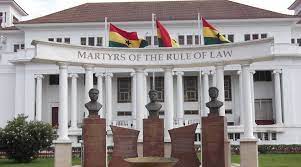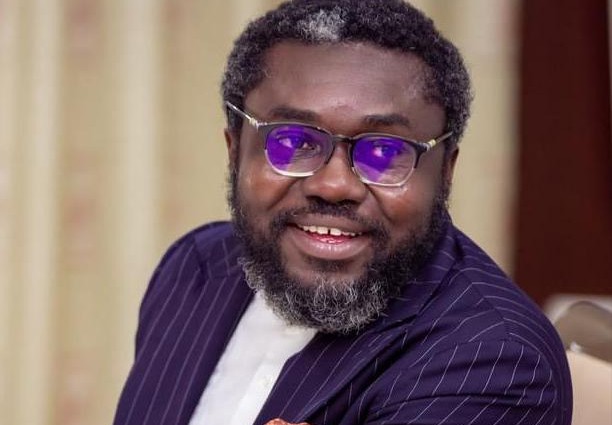Renowned Legal Practitioner Osagyefo Mawuse Oliver Barker-Vormawor has strongly criticised Ghana’s judiciary and anti-corruption institutions, following the controversial release and subsequent reversal of an order to free excavators impounded from illegal miners, widely known in Ghana as galamseyers.
The #FixTheCountryMovement’s Activist decried what he described as the entrenched rot in Ghana’s justice delivery system and its alarming susceptibility to state capture by corrupt mining interests.
According to him, the conduct of the magistrate at the centre of the excavator scandal typifies the impunity with which some members of the judiciary operate in complicity with corrupt actors.
“The judge in question, following public uproar, quickly reversed his decision. Now, the judge had no legal power to either release the excavators or to even reverse his erroneous decision.
“Knowing what we know about the extent of bribery and hold that these miners have over police officers and government officials in these Galamsey-prone areas, you wouldn’t need rocket science to find that the judge’s conduct raises suspicion.”
Osagyefo Mawuse Oliver Barker-Vormawor, Legal Practitioner and Activist
Barker-Vormawor’s comments bring into sharp focus the persistent corruption that continues to undermine Ghana’s environmental and legal systems.

He lamented that in functioning democracies, such suspicious conduct would trigger immediate investigations by independent institutions.
Yet in Ghana, he noted with disappointment, none of the six heavily funded anti-corruption bodies—including the Office of the Special Prosecutor (OSP), CHRAJ, EOCO, and others—had shown initiative in addressing the judge’s misconduct until a private citizen intervened.
“It gladdens my heart that Sulemana Issifu has filed an official complaint with the OSP’s office regarding the judge in question,” he acknowledged, while expressing dissatisfaction with the broader institutional silence.
The Dangers of Judicial Complicity
Barker-Vormawor emphasised that the real danger lies not only in the judge’s isolated misconduct, but in the broader framework of state capture and judicial complicity which emboldens illegal mining operators.

According to him, without a concerted and transparent effort to combat corruption at its core, the fight against galamsey will remain a charade.
“There is absolutely no way we can make progress on these issues, with the level of state capture these miners have managed to achieve, unless we tackle this head-on. All on the greed and wanton corruption we have allowed to fester.”
Osagyefo Mawuse Oliver Barker-Vormawor, Legal Practitioner and Activist
The activist’s statement also touched on public complicity and institutional neglect following previous anti-corruption exposés.
Referencing investigative journalist Anas Aremeyaw Anas’ infamous 2015 judicial corruption exposé that implicated over 100 judicial officers, Barker-Vormawor lamented Ghana’s failure to build sustainable reforms in the aftermath.

“The extent of judicial corruption and reports of people who have messaged me to tell about judges demanding bribes or having paid bribes is astonishing.
“If Anas found over 100 last time; this time he will mail over a thousand! Because after his exposé, we refused to tackle the problem holistically and left no systems in place.”
Osagyefo Mawuse Oliver Barker-Vormawor, Legal Practitioner and Activist
In what has proven to be the most controversial part of his statement, Barker-Vormawor opined that judges who take bribes “deserve the death penalty.”
While his comment may appear hyperbolic to some, it underscores his deep frustration with a judicial system that he believes has become complicit in corruption rather than a bulwark against it.
READ ALSO: GSE Hit by a Proverbial Lull







